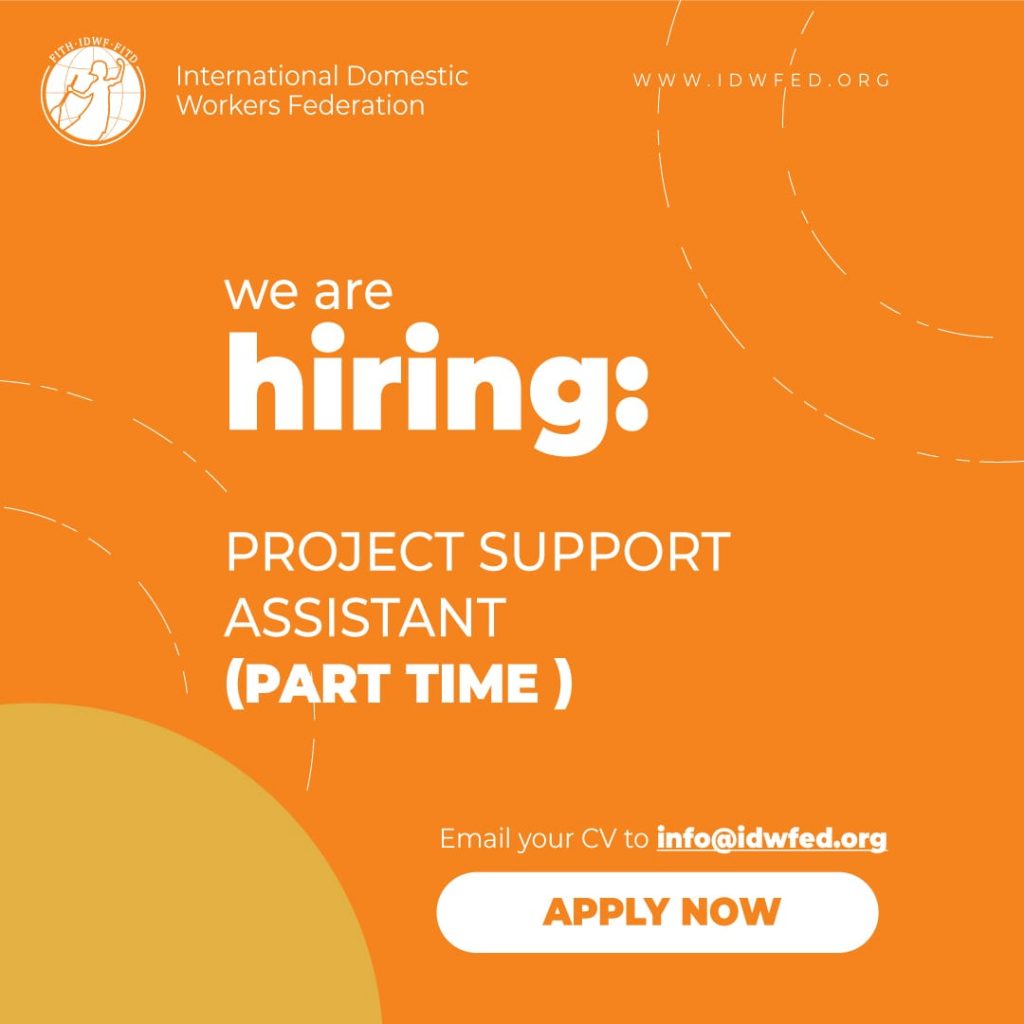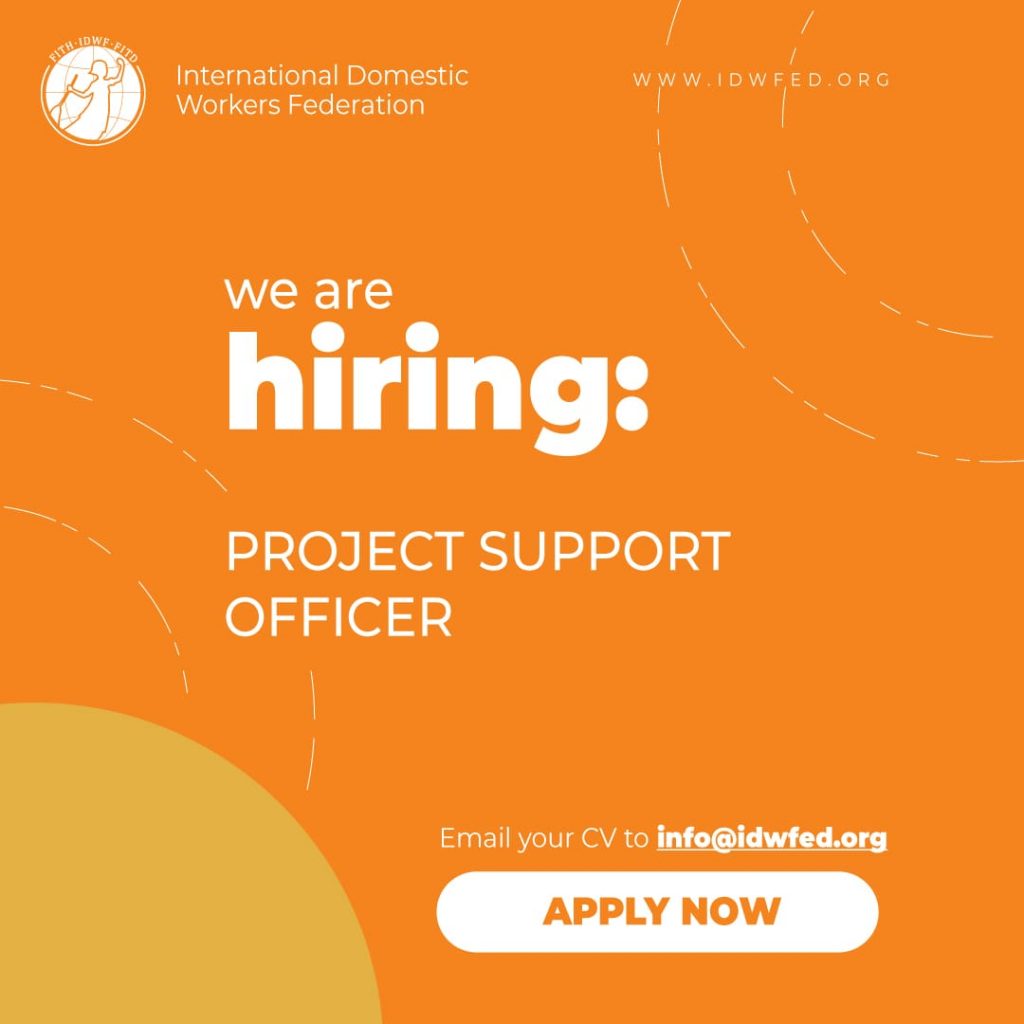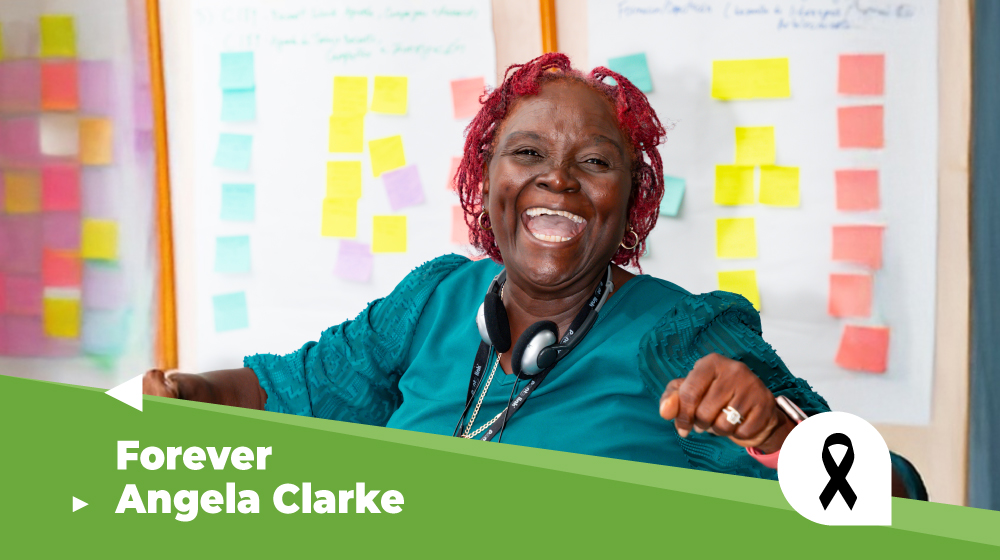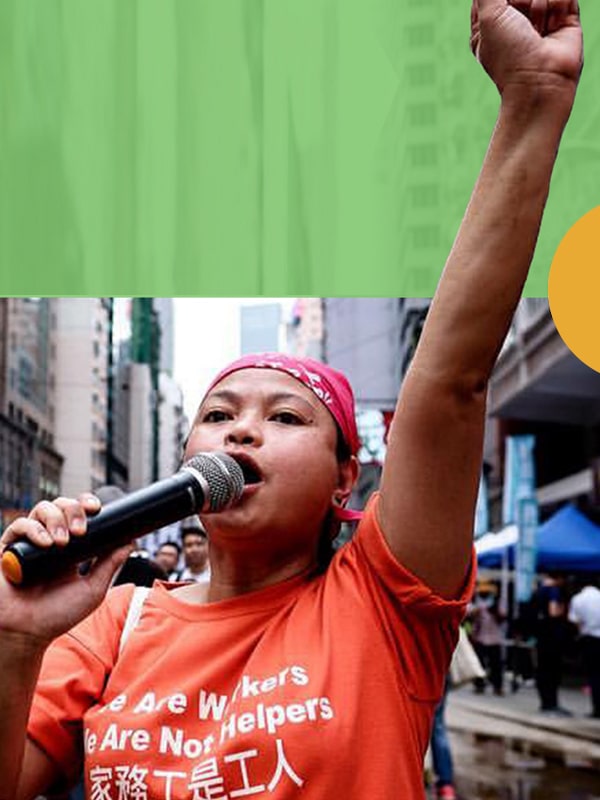Interview with Ai-jen Poo, President of the NDWA
Demographic and social changes worldwide have led to an increasing number of women becoming part of the so-called “sandwich generation,” caring for both their children and their elderly parents. Domestic workers are not exempt from this double burden of unpaid care, which adds to the burden of their paid caregiving work.
As mothers, daughters, and caregivers, many of them breadwinners for their families, domestic workers face a high demand for physical, emotional, and financial effort, which often impacts their health. Without resources to afford private care services, with little or no access to public care services and social protection benefits, and lacking time for self-care, the workers who sustain the care economy are, paradoxically, among the most unprotected categories of workers.
In this interview, Ai-jen Poo addresses the challenges faced by domestic workers and makes a strong call to invest in care policies, systems, and infrastructure that recognize them as care providers with the right to decent working conditions and fair wages, comparable to other workers in the sector; and as care recipients, with the right to support and access to comprehensive services that meet their special needs and those of their families. For the demands of domestic workers to be reflected in national care policies, it is essential to continue building a strong and empowered movement capable of influencing decision-making. “Unions have historically been one of the main ways for workers in the care economy to improve their working conditions, wages, and benefits,” emphasizes the American labor leader.
Ai-jen Poo is a labor leader, award-winning organizer, author, and a prominent voice in the women’s movement. She is the co-founder and President of the National Domestic Workers Alliance, Director of Caring Across Generations, Co-Founder of SuperMajority, and a Trustee of the Ford Foundation. Ai-jen is also the author of the acclaimed book The Age of Dignity: Preparing for the Elder Boom in a Changing America, and her writing has been featured in numerous mainstream media outlets. She has been recognized among Fortune’s 50 World’s Greatest Leaders and Time’s 100 Most Influential People in the World and has received more than 20 awards, including a 2014 MacArthur “Genius” Award. Under her leadership, the NDWA has helped pass Domestic Worker Bills of Rights in 10 states and 2 cities, bringing over 2 million home care workers under minimum wage protections. Ai-jen has successfully driven the national discussion on care in the United States.







